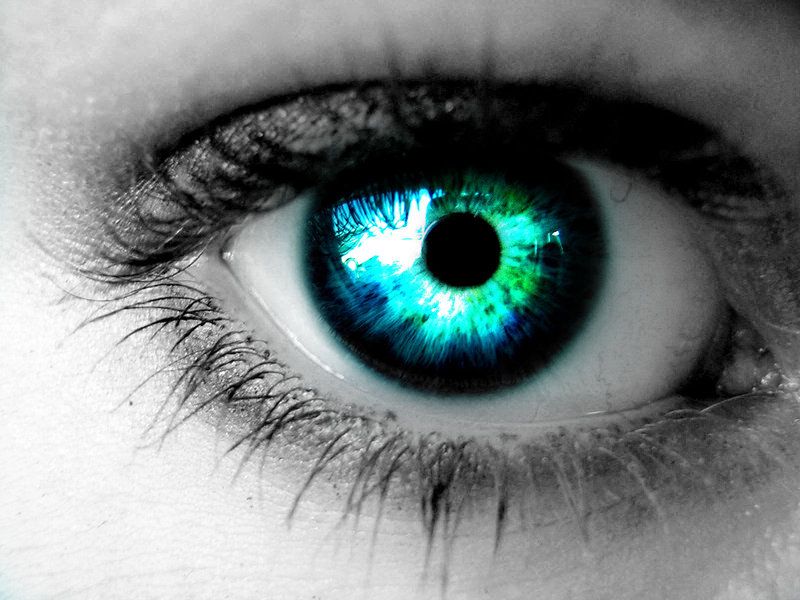There is a handy mental tool I use when evaluating my work or making decisions. It is a simple question I ask myself. In this very short post, I’ll show you how you can use it meaningfully! This article will also show you how to be empathetic.
Sometimes, it is very hard to evaluate your own work because you are restricted by your prior knowledge and ideas. However, my guess is, more often than not, you feel you need a fresh set of eyes to evaluate your work and make progress.
Perhaps it is a decision you want to evaluate. What would you do? You are probably aware of your own tendencies and are inclined to opt for a certain path. But, you are unsure whether it is a good idea or not. And because you are uncertain, all options that you have seem to lack a certain conviction.
If this happens to you. Ask the following question:
What would X do/say?
Replace X with the following:
- Your best friend
- Your closest friends
- Your parents
- Your grandparents
- Your professors
- Your disliked people
- A stranger
- Your strongly opinionated friend
- Your weakly opinionated friend
- Your unpleasant relative
Thinking from someone else’s point of view with this guideline enable you to gain a fresh perspective, accurate or otherwise. Fresh nonetheless.
It’s actually quite easy because we humans have the ability to think from someone else’s point of view – the theory of mind[1]. We have an idea about how people close to us think. Accuracy is not important. The fact that you have some idea of how they think can seed a new perspective. That is precisely what we need on many occasions. The crux of this mental tool is that we almost always have a mental representation of our friend’s behaviours, thoughts, reactions, and ideas. The mental emulation of your friend’s response is what drives the new perspective. Try it out.
Choose a decision you’ve made where something was at stake.
What would your best friend do? What would your grandma say?
Once you have seeded multiple perspectives, you can choose the best option. Seeding multiple perspectives is the starting point of learning empathy.

A personal example:
I occasionally take up writing jobs as a freelancer. One such job was to create a completely fictional edgy Christian dinner party. It was extremely fun because I did not have to ground it in reality. I could design characters from any human population, use any mythological creatures, use any famous personality – actors, musicians, gods, demons, etc. I then composed my 2000 word section; it was ready for me to think, reflect, and improve upon. But, I just couldn’t. I was locked within the framework I had designed.
So later, I asked one of my closest friends – P, ‘what do you think about this?‘ She then wrote me an elaborate email with constructive feedback. She is brilliant & thorough, so I highly valued that feedback. After fully assimilating what she said, I began using ‘What would P think?’ as a way to improve my writing. It certainly helped me a lot. This led me on a path to generalize this mental tool and use it in other domains. To say the least, this tool has given me a fresh perspective. I won’t be surprised if many people use something similar. It’s probably more economical as compared to a SWOT analysis, which is much more gruelling.
Have fun using the Friend’s sight tool!
Sources

Hey! Thank you for reading; hope you enjoyed the article. I run Cognition Today to capture some of the most fascinating mechanisms that guide our lives. My content here is referenced and featured in NY Times, Forbes, CNET, and Entrepreneur, and many other books & research papers.
I’m am a psychology SME consultant in EdTech with a focus on AI cognition and Behavioral Engineering. I’m affiliated to myelin, an EdTech company in India as well.
I’ve studied at NIMHANS Bangalore (positive psychology), Savitribai Phule Pune University (clinical psychology), Fergusson College (BA psych), and affiliated with IIM Ahmedabad (marketing psychology). I’m currently studying Korean at Seoul National University.
I’m based in Pune, India but living in Seoul, S. Korea. Love Sci-fi, horror media; Love rock, metal, synthwave, and K-pop music; can’t whistle; can play 2 guitars at a time.



























